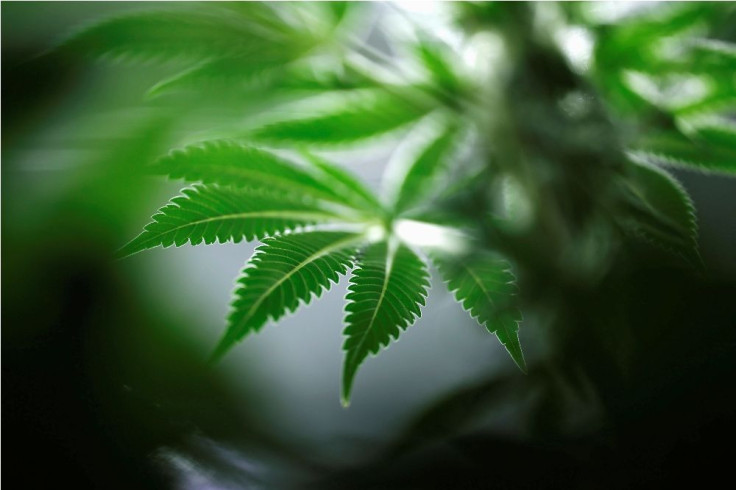Cannabis And Booze: A Dangerous Combination That Intensifies The High

Marijuana and booze often go together and are both detected in combinations during car accidents investigation, according to Science Daily. However, not much is known on the interaction of both compounds until a new study performed by scientists that appeared in the journal Clinical Chemistry.
The Wednesday published report explains for the first time around that the combination of cannabis and alcohol can result to elevated blood levels of tetrahydrocannabinol, or THC, the main psychoactive ingredient in cannabis. In the study, researchers tested 19 people drinking placebo or alcohol in low doses 10 minutes prior to using cannabis in either high or low doses.
For participants who consumed alcohol, the blood concentration of THC was found to be higher. More specifically, participants who did not consume alcohol, the maximum THC blood concentration for low doses was at 32.7 micrograms per litre, or µg/L,while in high doses there was a recorded 42.2 or µg/L.
Meanwhile, those who had both alcohol and cannabis had a recorded THC blood concentration of 35.3 µg/L in low-dose cannabis and 67.5 µg/L in high-dose cannabis users—a number that is considered significantly higher as reported in Science Daily.
There are currently 23 states in the U.S. that legalises the use of medical marijuana, but recreational use is banned in Washington, Colorado, Alaska and Oregon. Cannabis is now easily accessible, yet little is known about the effects of it being used alongside alcohol.
However, experts agree that the combination is dangerous. While previous studies have already pointed out the risk of the combination, this recent study provides a better understanding on how the two substances react.
The research concluded that there is an increased possibility of car accidents among people who use cannabis and alcohol in combination than if only cannabis or alcohol is taken. “Our results will help facilitate forensic interpretation and inform the debate on drugged driving legislation," said Marilyn Huestis, the study’s lead author.
To report problems or leave feedback on this article, email: wendylemeric@gmail.com.





















